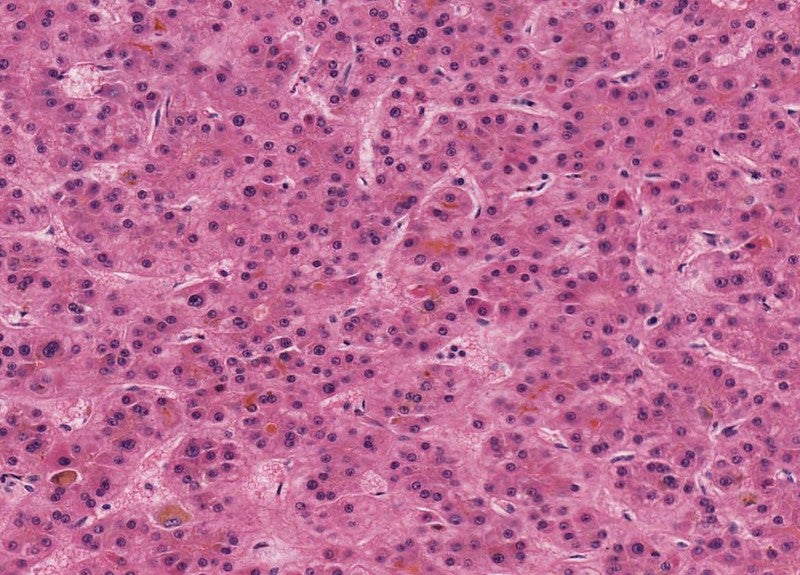
Roche has reported that the Phase III IMbrave150 clinical trial of Tecentriq (atezolizumab) in combination with Avastin (bevacizumab) met the co-primary endpoints in hepatocellular carcinoma (HCC) patients.
Tecentriq is a monoclonal antibody that inhibits PD-L1 to potentially activate T cells, while Avastin is a biologic antibody designed to bind to the VEGF protein and hinder tumour blood supply.

Discover B2B Marketing That Performs
Combine business intelligence and editorial excellence to reach engaged professionals across 36 leading media platforms.
The combination of Avastin is expected to boost Tecentriq’s ability to restore immunity against cancer.
IMbrave150 compared the combination with Bayer’s sorafenib in a total of 501 unresectable HCC patients who did not undergo previous systemic therapy.
The co-primary endpoints of the trial were overall survival (OS) and progression-free survival (PFS).
Data revealed that Tecentriq plus Avastin demonstrated statistically significant and clinically meaningful improvements in both OS and PFS compared to sorafenib.

US Tariffs are shifting - will you react or anticipate?
Don’t let policy changes catch you off guard. Stay proactive with real-time data and expert analysis.
By GlobalDataThe study also assessed overall response rate (ORR), time to progression (TTP), duration of response (DOR), patient-reported outcomes (PROs), and safety and pharmacokinetics as secondary efficacy endpoints.
The combination’s safety was found to be consistent with the known safety profiles of the individual drugs and no new safety signals were reported.
Roche chief medical officer and global product development head Levi Garraway said: “We are very pleased with the results of our study testing the combination of Tecentriq and Avastin, which marks the first treatment in more than a decade to improve overall survival in people with unresectable hepatocellular carcinoma who have not received prior systemic therapy.
“HCC is a major cause of death globally and particularly in Asia, making this study an important step in our mission of addressing unmet medical needs for patients around the world.”
The company plans to submit the trial results to regulatory authorities globally.
In July last year, the Tecentriq and Avastin combination secured breakthrough therapy designation from the US Food and Drug Administration (FDA) for HCC treatment.



